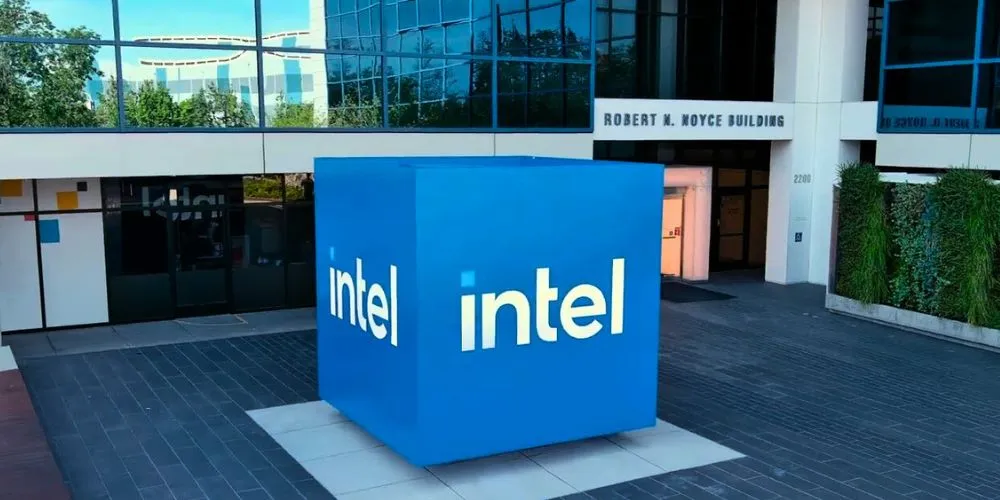Key Points:
- Intel launched the Xeon 6 processor at Computex, which was designed for better performance and efficiency in data centers.
- Intel’s Gaudi 2 and Gaudi 3 AI accelerators are priced lower than rival chips, offering cost-effective AI training and inferencing solutions.
- Intel detailed its upcoming Lunar Lake processors, expected in Q3, to enhance the AI PC market.
- Intel’s foundry business struggles but stands to gain from significant CHIPS Act funding to boost semiconductor manufacturing and R&D.
On Tuesday, U.S. chipmaker Intel announced the launch of new artificial intelligence (AI) chips for data centers at the Computex tech conference in Taiwan. This move positions Intel to compete directly with rivals Nvidia and AMD, who showcased their latest AI chips earlier this week.
Intel introduced the Xeon 6 processor, designed to deliver superior performance and power efficiency for high-intensity data center workloads compared to its predecessor. CEO Pat Gelsinger highlighted these improvements during his presentation, emphasizing the chip’s enhanced capabilities.
This announcement follows the launches of new AI chips by Nvidia and AMD. On Sunday, Nvidia revealed its latest “Rubin” chips, set to succeed the recently announced “Blackwell” model. On the other hand, AMD unveiled its upcoming AI chips on Monday, detailing its Instinct accelerators, which are scheduled for release annually until 2026.
Intel’s announcement also comes six months after the release of its 5th Gen Intel Xeon processors and two months after the introduction of the Gaudi 3 processor, aimed at AI model training and deployment. Intel has positioned the Gaudi 2 and Gaudi 3 AI accelerators as cost-effective alternatives to rival chips, with lower prices than those of Nvidia and AMD.
In addition to the Xeon 6, Intel revealed architecture details for its upcoming Lunar Lake processors, which are expected to ship in the third quarter. These processors aim to expand the AI PC category, competing with Nvidia’s and AMD’s AI-specific chips.
Unlike Nvidia and AMD, which primarily design their chips, Intel manufactures its own. However, Intel’s foundry business has faced challenges, recording an operating loss of $7 billion in 2023. Additionally, Intel has lost its manufacturing edge to international competitors like Taiwan Semiconductor Manufacturing Co. (TSMC).
Despite these setbacks, Intel stands to benefit from nearly $20 billion in funding from the Biden administration’s CHIPS and Science Act. This funding aims to bolster U.S. semiconductor manufacturing and research and development, potentially helping Intel to regain its competitive edge.





